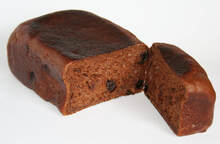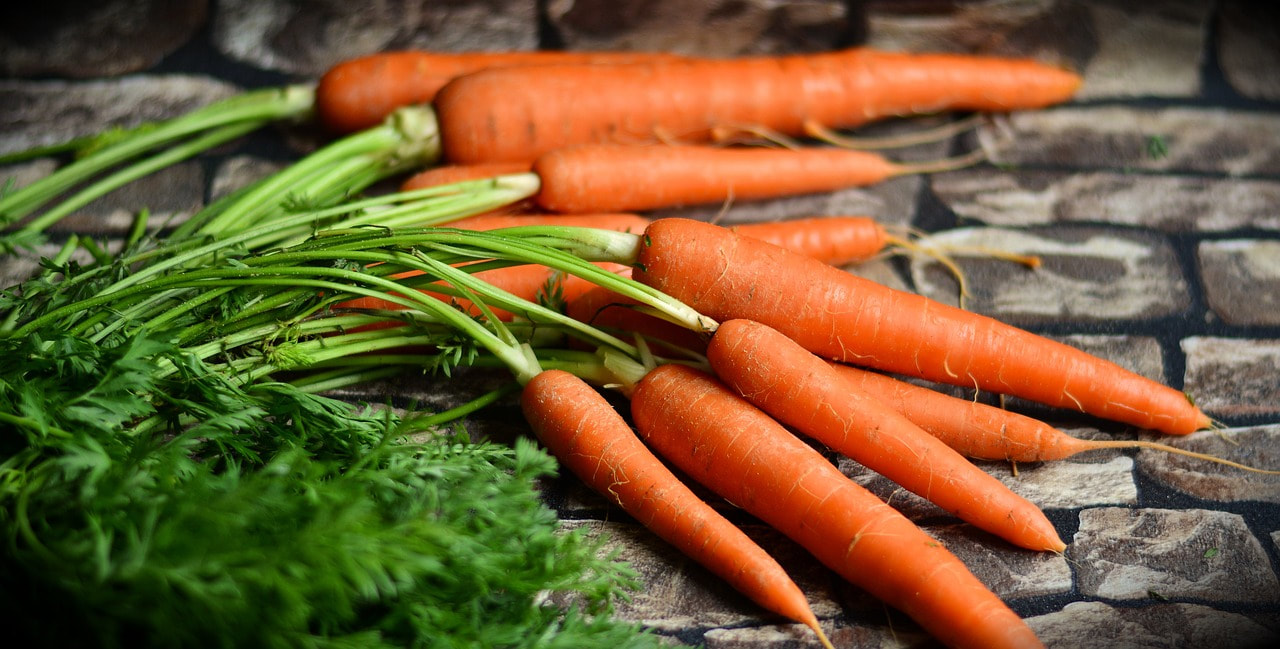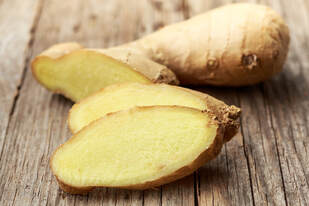 When the 100 calorie snack campaign was created it was originally for parents who were excited to have a guide to healthy alternatives for their children. They no longer had to worry about children eating too much because the industry had now provided them with 100 calorie options to choose from. What parents weren't told is that calories are not all created equal. Our focus on these numbers could actually lead to children obsessing over calorie counting, which lead the company BEAT to be concerned when these guidelines were released. When choosing food for our children we need to look beyond the labels and numbers and really look at the ingredients contained within the product. The calories are actually information for the body and they either support our health and longevity, or send us down a path towards disease. Many of the ingredients contained in 100 calorie packaged foods are toxic to the body, support weight gain, alter hormones, are sprayed with pesticides and herbicides, are damaging to the gut and do not support long term health for children or their parents who are approaching their own health in a similar way (by counting calories). Some of the recommendations for this campaign based on their calories included: - Malt Loaf Slice (Contains partially inverted sugar syrup, vegetables oils which are toxic to the human body especially when heated, colourings and preservatives - 100g contains 20g of sugar) - Low Sugar Fromage Frais (Petit Filous Strawberry) (Still contains sugars 9g/100g, fructose, flavourings, corn flour and non organic milk that contains antibiotics, hormones, pesticides and herbicides) - Tinned fruit salad (Sugars 14g/100g) - Sugar free jelly (Contains aspartame which is damaging to the body and in one study here they showed: When consuming high-aspartame diets, participants had more irritable mood, exhibited more depression, and performed worse on spatial orientation tests.) Should we as parents not be focusing instead on food that is natural and fresh, that our body recognises as food and that helps our children thrive, stay focused at school, supports their brain development and cognition, lowers their risk of diabetes and heart disease, helps protect their immune system and gut microbiome and so much more. Wouldn't you rather give your children: Fresh Fruit skewers dipped in organic yogurt Vegetables with hummus Healthy homemade energy bars Frozen yogurt blueberries Veggie crisps or kale chips Mini flatbread pizzas Banana slices topped with nut/seed butters. These foods contain important nutrients that will keep your kids healthy long term. Our children need vitamins, minerals, fibre, protein, healthy fats and phytonutrients on a daily basis so why rely on heavily processed foods, packed with damaging ingredients just because they have been labelled 100 calorie snack options? If you ask me it doesn't seem like the best approach to supporting our children's health and their future. If you have children, or you are worried about the snacks you are eating throughout the day and you would love to learn how to make some delicious homemade snacks (allergen friendly) then please come and join me at my Upcoming webinar looking at healthy summer snacks and desserts on July 10th, 2020 from 1-2pm via zoom.
4 Comments
Is your immune system really protecting you? Our immune system is pretty amazing, it helps to protect our body from unwanted bacteria, pathogens and viruses on a daily basis in order to keep us healthy. How does the immune system really work? Your immune system works in two very important ways. Our innate system is our first line of defence from the outside world. When we are exposed to pathogens this system switches on. It signals the release of histamine which helps to kill off bacteria, while also helping to increasing the flow of white blood cells to areas of the body that are under invasion. The pathogens are found by the immune system, proteins then help the body break things down, macrophages come in to gobble up the pathogen and remove it from the body. Think of it like PAC man trying to catch the bad guys and then gobbling them up. Our adaptive immune system has specialised cells called B-cells and T-cells that can store information and remember it. They can then attack an invader over and over because they recognise it when it enters the body, think of them like a police force protecting you from the bad guys. When things get a bit more complicated is when this system starts to attack the cells of the body because it doesn't recognise the difference. This is know as an autoimmune response - body attacking itself (rheumatoid arthritis, hashimotos, psoriasis, eczema, MS). This is when things become a bit more complicated, but very important because if our body is in this state then our immune system is over reactive and less able to protect us. Why? Because 80% of our immune system can be found in the gut which can be influenced by all of these factors. If we continually expose it to these lifestyle choices, then the lining of the gut goes out of balance (dysbiosis) and can then lead to leaky gut (or a permeable gut lining). This means that our immune system becomes over reactive and less able to protect us when we need it to. With the growing concern of viruses it's evident that we need to take some important steps to protect ourselves and that means giving our body and our immune system what it needs to function well. So what can we do to protect ourselves?
Important nutrients to consume daily that help support your immune system and digestive health:
Vitamin C - Is required for our immune system to function well, it supports a number of different cellular functions involved in our bodies defence system. Low levels impair the immune system and make us more susceptible to infections. Great sources include: strawberries, kiwi, citrus, lemons, limes, red and green peppers, broccoli, brussel sprouts, ginger Vitamin D - Since this hormone (not a vitamin) is so important to our immune system we need to make sure we get enough of it all year round. The best source is THE SUN, which 6 months out of the year we don't get enough of. So supplementing with D3 is advisable for most people along with K2. You can get your levels checked to see where you are at. Vitamin E - Aids in the adaptive immune system helping the T cells to identify threats as well as being a very strong antioxidant that protects our cells from free radical damage. Great sources include: Avocado, sunflower seeds, squash, spinach, kiwi, almonds Vitamin A - Has an anti inflammatory effect on the body which enhances the immune systems function. Also needed for tissue integrity and repair throughout the body. Great sources include: Beta carotene (pro vitamin A) found in yellow and orange fruits and vegetables, green leafy veggies, broccoli, organic eggs Zinc - Helps to heal the gut lining and help to keep the junctions tight, it is also important for the immune system Great sources include: Chickpeas, Lentils, seeds and nuts (not peanuts they are legumes), grass fed meats, shellfish and organic eggs, turmeric which also has anti inflammatory benefits Selenium - another mineral that is essential for the immune system to function well and helps to support the gut Great sources include: Brazil nuts, grass fed meats, leafy greens, wheatgrass Eating a variety of these anti viral vitamins and minerals found in your food along with plenty of other bright coloured vegetables and fruits, will ensure your immune system is working well and helping to protect you from viruses, bacteria and other pathogens. |
AuthorDebbie Vanderboom is a Nutritional Advisor, Natural Juice Therapist and foodie who loves using fresh, wholesome food to nourish the body. Educating her clients on the importance of choosing healthy foods on a daily basis is her focus. She provides her clients with recipes, resources and meal plans to help develop healthy eating habits for life. Archives
May 2023
Categories |
|
Be Natural Nutrition
Consultations will be held online via zoom or skype |
Proudly powered by Weebly





 RSS Feed
RSS Feed